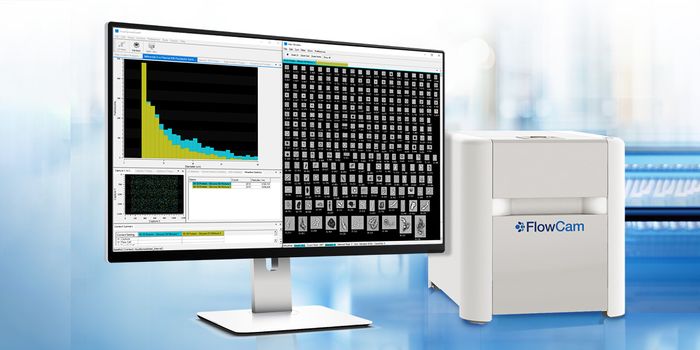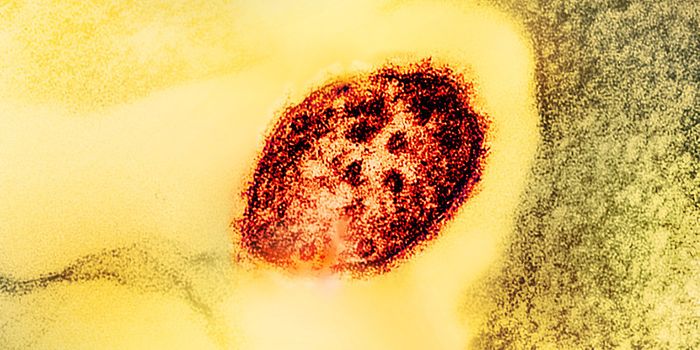Yeast Can Trigger Bowel Inflammation
Inflammatory bowel diseases (IBDs) include Crohn's disease and ulcerative colitis, in which the gastrointestinal tract is chronically inflamed. These disorders can have a significant negative impact on quality of life, and there are few treatment options that help all patients. The causes of these disorders are still under investigation, but it's thought that one reason they happen is because the immune system has an aberrant response to the gut microbiome. But the composition of normal, healthy gut microbiomes can vary considerably from one person to another, and it's been challenging to decipher exactly how the microbiome is involved in IBD. The immune system is extremely complex, and different immune cells may also be related to IBD in different patients. Scientists have now suggested that yeast cells can be a major trigger for IBD.
The gut microbiome is thought to be disrupted in Crohn's disease, in which flares of inflammation occur over and over in patients, who experience diarrhea, cramping, and other symptoms. T cells are likely a major player in Crohn's disease; they carry receptors that react to proteins on microbial cell surfaces, and can trigger immune reactions, or inflammation, in response.
In this study, the investigators wanted to identify the microbes that caused altered T cell responses that are seen in Crohn's disease, said first study author Gabriela Rios Martini, a doctoral candidate in the lab of Professor Petra Bacher at Kiel University (CAU) and the University Hospital Schleswig-Holstein (UKSH). The findings have been reported in Nature Medicine.
The team assessed how T cells in blood and tissue were responding to certain bacteria in people with and without IBD, and did not find differences. "But then we looked at the T-cell responses to yeast fungi, such as various Candida or Saccharomyces species, and surprisingly found a massively increased T-cell response in Crohn's disease patients," noted Rios Martini.
The investigators analyzed the effects of yeasts that are consumed in food, and those that are a natural part of the healthy human microbiome. They sequenced the genomes of T cells that reacted to yeast, and found that in IBD patients, there were high levels of T cells that can respond to many different types of Candida and Saccharomyces yeast fungi.
"Apparently, the T cells specifically recognize a certain part in these related yeast fungi that is present in many of the species studied," explained senior study author Professor Petra Bacher from the Institute of Immunology and the Institute of Clinical Molecular Biology, CAU and UKSH.
These T cells can react to both broad and specific types of Candida and Saccharomyces, in a phenomenon known as cross-reactivity.
"Overall, our data suggests that after an initial T-cell response against yeast, repeated contact with antigens found in multiple yeasts leads to activation and proliferation of cross-reactive T cells," Bacher explained. "So the immune response is probably triggered again and again, which most likely also contributes to the chronicity of the inflammation."
Both the yeast in the microbiome and yeasts that are ingested in food could play a role in IBD.
This research could open up new treatment options. Now, the scientists want to determine how yeast elimination diets or antifungal therapies could help patients. It may also be possible to disrupt the cross-reactivity.
The study authors noted that yeast fungi have not gotten enough research attention, yet. "For the first time, we have identified strong evidence for the involvement of yeast-reactive T cells in the inflammatory response in Crohn's disease. More research is now needed to determine their direct contribution to the pathophysiology of the disease," said study co-author Professor Stefan Schreiber, Director of the Department of Internal Medicine I, UKSH, Campus Kiel, among other appointments.
Sources: Kiel University, Nature Medicine









